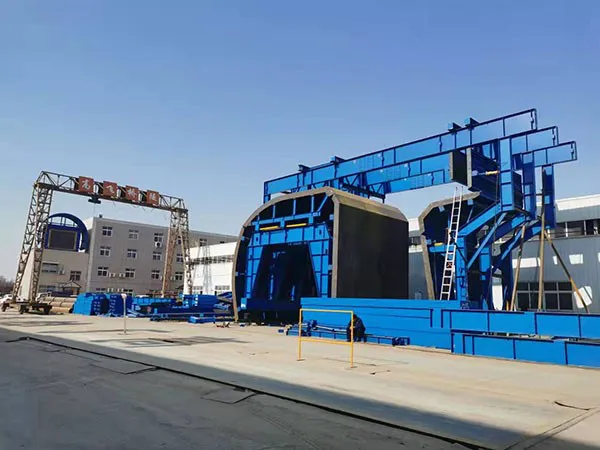Tunnel construction is a highly complex, capital-intensive, and technology-driven process. Choosing the right tunnel boring machine (TBM) and its essential accessories is not only crucial for project efficiency and cost management but also ensures long-term operational success. From urban metro projects to large-scale mining tunnels, every construction company must carefully evaluate their TBM investments to maximize return on investment (ROI) and minimize operational risks.
This comprehensive guide covers everything you need to know about TBMs, including types, key accessories, purchasing considerations, performance optimization, and real-world usage tips for construction professionals.
1. Understanding Tunnel Boring Machines and Their Types

A tunnel boring machine is a specialized piece of equipment designed to excavate tunnels efficiently and safely. The selection of TBM type directly affects project speed, safety, and overall cost. Let’s explore the most commonly used types:
1.1 Earth Pressure Balance (EPB) TBMs
EPB TBMs are ideal for soft soils, clay, and mixed ground conditions. These machines balance earth pressure at the tunnel face, preventing collapse and minimizing surface settlement. EPB TBMs are often deployed in urban areas where ground stability is a concern and where minimizing disruption to surface structures is critical.
Benefits:
Reduces settlement and ground disturbance
Smooth excavation in soft soils
Continuous support at the tunnel face
1.2 Slurry TBMs
Slurry TBMs are specifically designed for water-bearing soils or loose formations. Using pressurized slurry, they stabilize the tunnel face and efficiently remove excavated material. These TBMs are commonly used under rivers, lakes, or saturated ground conditions.
Benefits:
Handles high water pressure environments
Reduces risk of tunnel face collapse
Efficient spoil removal through slurry systems
1.3 Hard Rock TBMs
Hard rock TBMs are engineered to cut through solid rock formations, delivering high torque and durability. They are widely used in mining projects, mountain tunnels, and other hard-rock construction applications.
Benefits:
High durability and long service life
Precision excavation in rock formations
Minimal wear and tear on cutting tools
Pro Tip: Matching the TBM type to the geological conditions of your project is key to reducing maintenance costs, operational downtime, and overall project delays.
…
For more detailed information on how to improve tunnel boring machine efficiency, please click here:https://www.gf-bridge-tunnel.com/a/blog/buying-guide-for-tunnel-boring-machines-and-accessories.html



